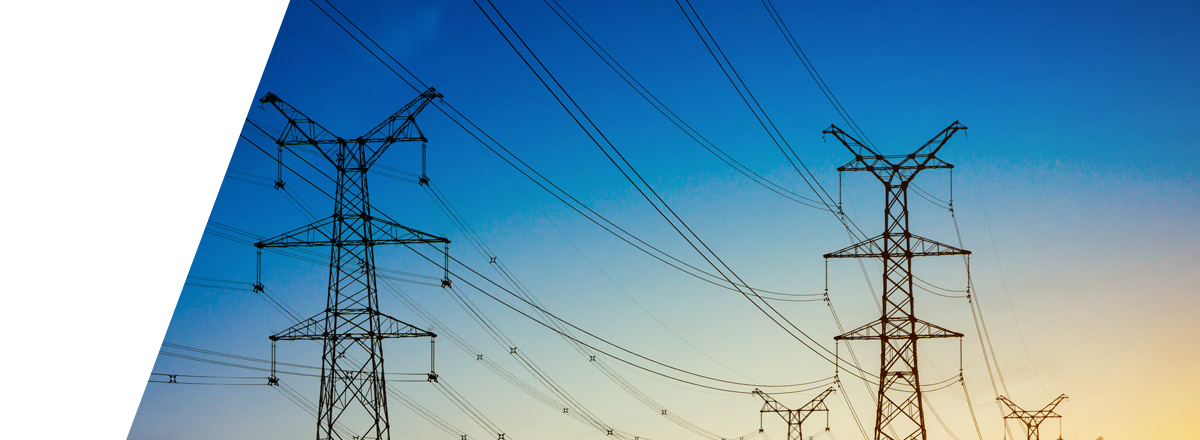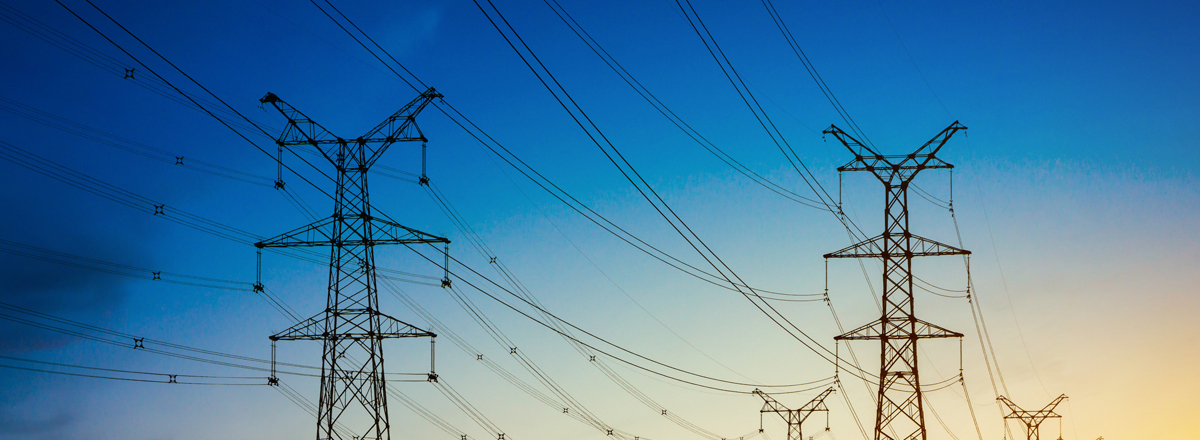B.Tech. in Electrical and Electronics Engineering
Why take this course?
B.Tech. in EEE - Is your mind curious to know how electrical devises work? Are you inquisitive and have a strong interest in mathematics & science, then you may already have some essential engineering skills & an electrical and electronics engineering degree may well be for you. Electrical and Electronic Engineering involves the generation, storage & use of power.
Vision
To mould the careers of Electrical and Electronics Engineers and disseminate outstanding education and research to meet the societal needs.
Mission
- To provide state of art facilities and to attain excellence in teaching, learning and research activities.
- To develop innovative Electrical and Electronics Engineers who can contribute to the technical advancements in meeting the global needs.
- To bridge the gap between the Institute and Industry by incorporating courses based on industrial needs in the curriculum and syllabus.
Program Educational Objectives
Technical Skills
Graduates will exhibit strong fundamental knowledge and skills in the field of electrical and electronics engineering and allied disciplines.
Research & Development
Graduates will be competent in research and development activities that caters the societal requirements.
Employability Skills
Graduates will acquire employment in the thrust areas.
Entrepreneurial Skills
Graduates will be successful entrepreneurs.
Program Specific Outcomes
Professional Skills
Graduates will be able to provide acceptable solutions to complex electrical engineering problems with the application of modern and appropriate techniques for sustainable development of the society.
Environmental & Social Awareness Skills
Graduates will be able to apply the knowledge to improve and control the conventional and non-conventional energy systems for specific applications ethically and ecofriendly.
What will I experience?
- It will equip you with knowledge of how the industry works, as well as gives you the engineering skills & technological knowledge needed to design, assess & improve electrical & electronic systems.
- The state of art curriculum promotes independent thinking and learning at an individual's pace.
- The program nurture you to meet the global competency in industry and academia.
What opportunities might it lead to?
The demand for ecofriendly power generation, more sophisticated electronic devices, & cheaper & smarter products mean there is a lot of work for Electrical Engineers! Some of the roles can be played by Electrical and Electronic Engineers are as follows:
- Telecommunication engineers
- Software engineers
- Project managers
- Engineering consultants
- Electronic/ electrical engineers
- Biomedical engineers
- Computer engineers
- Power engineers
Eligibility
Pass in PUC / 10+2 examination with Physics and Mathematics as compulsory subjects along with Chemistry / Computer Science / Electronics as one of the subjects and obtained at least 60% marks (55% in case of SC/ST category) in the above subjects taken together.
Study Campus
JGI Global Campus
Faculty of Engineering & Technology
NH-209, Bangalore - Kanakapura Main Road
Jakkasandra Post, Kanakapura Taluk
Ramanagara District - 562 112
+91 80 2757 7200
+91 7337618222
Admissions Office
JGI Knowledge Campus
# 44/4, District Fund Road
Jayanagar 9th Block Campus
Bangalore - 5600 69
+91 7337618222
Curriculum Structure & Teaching
Physics Cycle
- Engineering Mathematics –I
- Physics
- Communicative English
- Problem Solving Through Programming
- Engineering Graphics
- Physics Lab
- Problem Solving Through Programming Lab
- Communicative English Lab
Chemistry Cycle
- Engineering Mathematics – II
- Chemistry
- Basics of Electrical Engineering
- Workshop Practice
- Sociology and Elements of Indian History for Engineers
- Chemistry Lab
- Electrical Engineering Lab
- Mathematics for Engineering III
- Economics for Engineers
- Analog Electronic Circuits
- Digital Electronic Circuits
- Electric Circuit Analysis
- Electrical and Electronics Measurements
- Analog and Digital Electronic Circuits Lab
- Electrical Circuits and Measurements Lab
- Electromagnetic Field Theory
- Microcontrollers
- Control Systems
- Power Generation and Utilization of Electrical Power
- Transformer and Induction Machines
- Business Communication and Presentation skills
- Microcontrollers & Control Systems Lab
- Transformer and Induction Machines Lab
- Signals and Systems
- Advanced Control Systems
- DC and Synchronous Machines
- Transmission and Distribution of Electrical Energy
- Switchgear and Protection
- Electrical Machine Design
- DC and Synchronous Machines Lab
- Electrical Drawing using CAD Lab
- Power System Analysis and Stability
- HV Engineering and Insulation Engineering
- Power Electronics
- Elective – I
- Elective – II
- Elective – III
- Power Electronics Lab
- HV and Relay Lab
- Computer Techniques in Power Systems
- Power System Operation and Control
- Elective – IV
- Open Elective-I
- Open Elective-II
- Power System Simulation Lab
- Project Work –I
- Open Elective-III
- Open Elective-IV
- Technical Seminar
- Internship/ Project work -II



